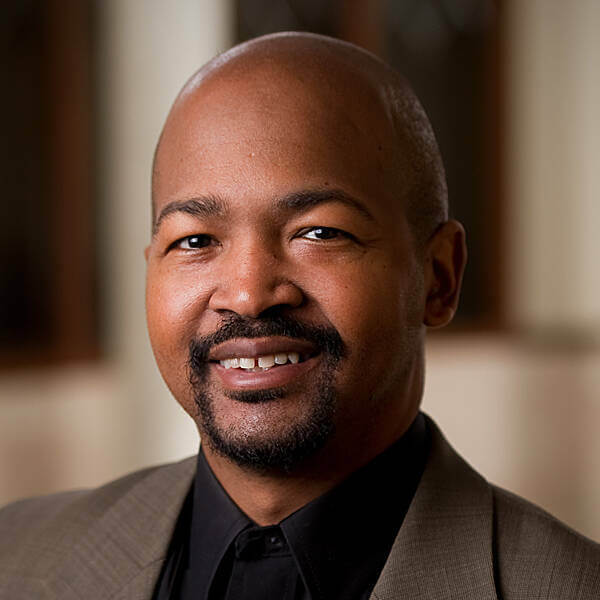Being defined by race
February 22, 2021
Whether you want to or not, particularly as an African, well, I was going to say, particularly as an African-American male, but I know women would probably disagree with me on that. But I do feel that you cannot go through life, you cannot go through a week, sometimes a day, where people don't remind you of your race. That your racial identity is not the norm, OK? And that it comes with certain... It comes with certain challenges and struggles that other people might not have or might not notice. And that happens at Notre Dame as well. When I was a student, as an undergraduate, I remember quite a few times. Fitting in at Notre Dame was difficult because I didn't come from a background where everybody I knew had went to Notre Dame, almost nobody I knew had gone to Notre Dame, and the way in which people would talk about things, talk about folks who were Black or African-American or African ancestry, African heritage would be different. The assumptions that people would place on you would be different. The assumption that I only got to Notre Dame because of affirmative action, which in their perspective was giving somebody an opportunity they didn't deserve. And so there was some animosity just from my being here. And then whenever I would struggle, they felt that that was a you know, that just shows that maybe Notre Dame made a mistake. So you internalized some of those things. Whereas, you know, even now as an adviser, when people struggle, I don't immediately say, well, it's because of your racial identity or your ethnic heritage, I think it is because maybe we need to work on your learning strategies or your approach or maybe look at your time management or other things. But that's what I was dealing with…
So at any number of levels, and I would honestly say maybe not so much in recent years, but as an undergraduate, as a graduate student, in my early years as an employee, I found myself being stopped by Notre Dame security police. My earliest recollection was on my way to class, on my bike. If I was in a hurry and I did not lock my bike, if I was just riding a bike, I sometimes was stopped by security. And they asked me, like, is this your bike? I said, Yeah. So where are you going? Going to class. He said, OK, well, can you lock your lock and unlock your locks so you can prove with your bike? And I said, yeah, sure. So I do this and he said we're sorry, we've had a rash of bicycle thefts and just wanted to make sure. Why did you stop me? What made me look different than any other Notre Dame student? We're walking across campus and I see somebody coming to me, I think it's somebody who wants to ask a question about Notre Dame, happy to help out, show them somewhere on campus. Yeah, I can help you. They said, well, can you show me your student I.D.? I said, why? Just show me your ID. So I take out my ID and they say I'm sorry we've had reports of some suspicious characters and needed to just double check. I was trying to be helpful. They were prejudging me.
It's a complex situation in the sense that those who are in law enforcement and those who are in campus security, those who are gatekeepers in our society, happen to be the ones that are charged with maintaining the status quo. Maintaining the norms that are there. The policy could be a bad policy. The law could be an unfair law, but someone is charged with enforcing it. That's why you see a lot more of the incidents of injustice that involve police, you know, at least in terms of visibility. It doesn't mean that the person who owns the bank or the company or things at a level where people don't see the policies that are in place. Who we lend to, what rate do we charge someone when charging a mortgage or when we're trying to move somebody in this neighborhood or they're buying a car? I mean, we don't see those things as much. OK, so law enforcement winds up being put in an unenviable and... I don't envy their position because sometimes they're put in a position where it's not the best thing for them, it's not safe for them. The existence of racism, whether it's overt or systemic racism, systematic racism, threatens the lives of police officers because it creates a tension that doesn't need to be there. That being said, I think that there are some things that, definitely things that could be done to sort of mitigate or to diminish the possibility of it escalating to the levels where somebody is arrested for the possible use of a fake 20 dollar bill and winds up being killed on national television for everyone to see.

Deacon Melvin Tardy
Deacon Melvin Tardy is an advisor to first-year students intending to pursue studies in the College of Arts and Letters at Notre Dame.